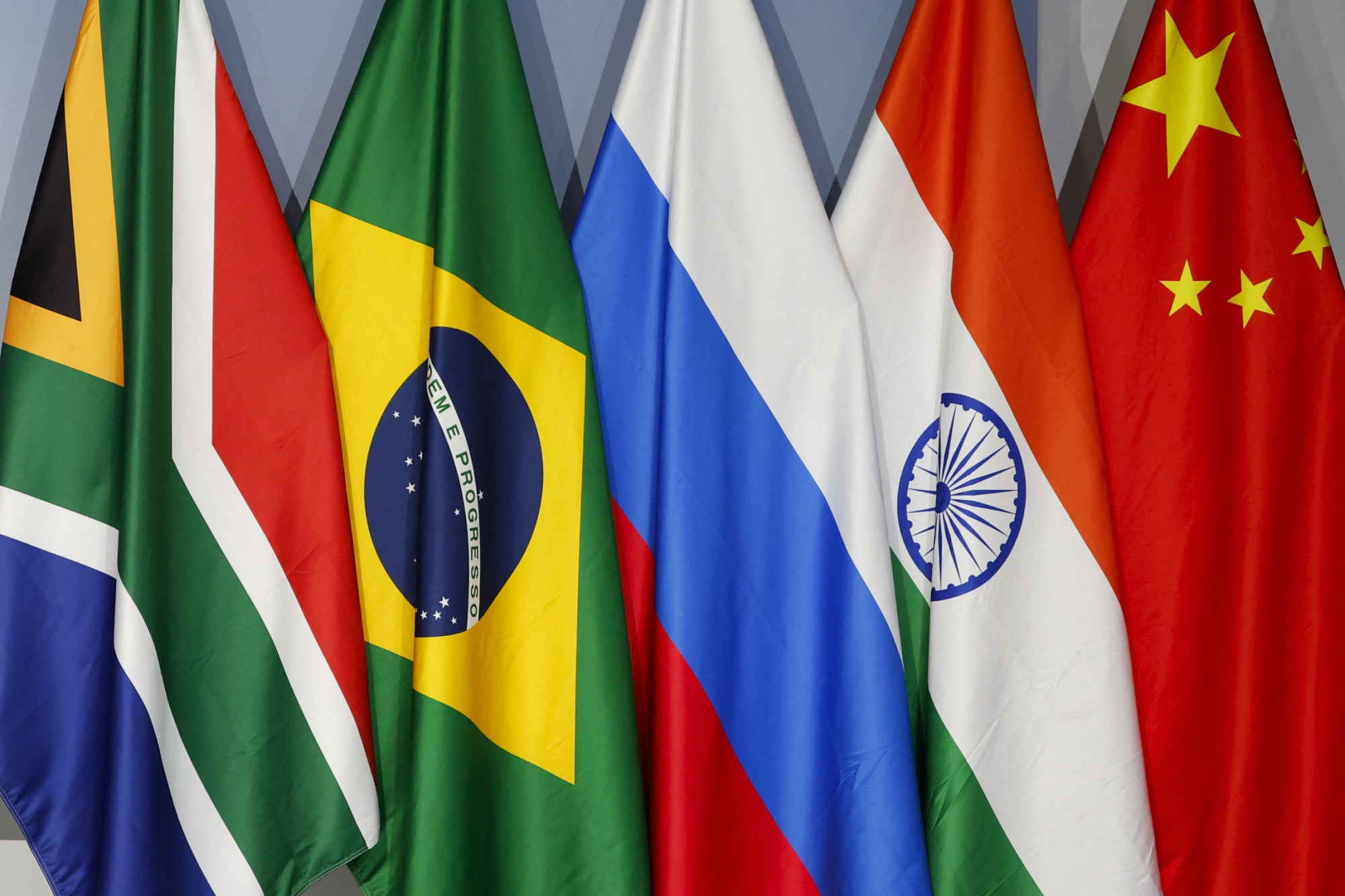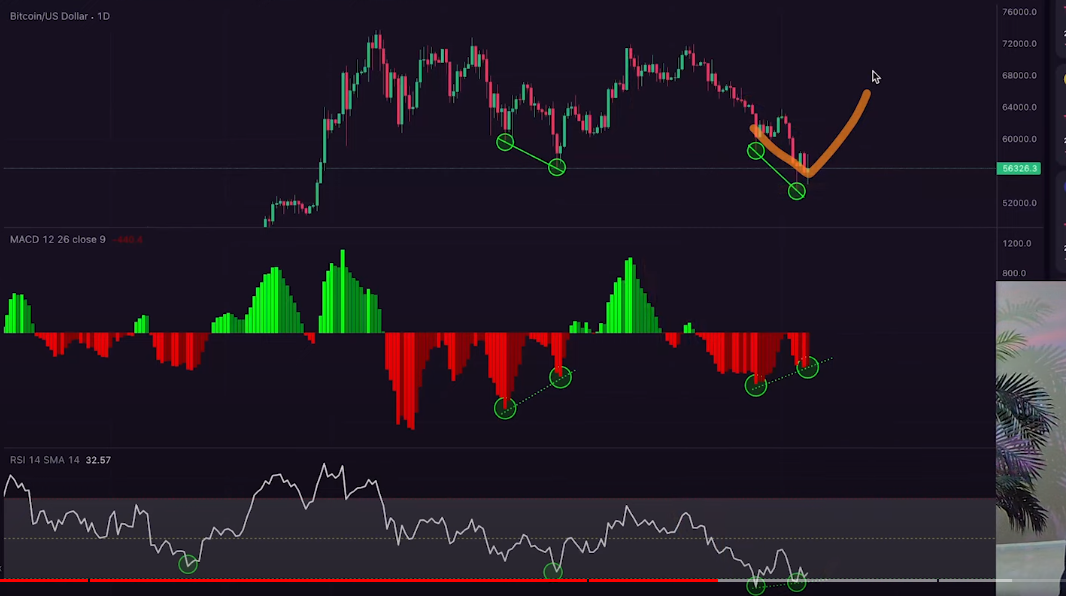Russian President Vladimir Putin and Chinese Premier Li Qiang ended their individual meetings in Southeast Asia this week. They found a region eager to join BRICS, a group that is perceived as a safeguard against institutions led by the West.
Also Read: Meme coins volatility peaks as US presidential debate looms
Malaysia is the latest Southeast Asian country to voice an interest in joining the economic bloc. As more Association of Southeast Asian Nations (ASEAN) states express interest in and consider joining the BRICS group of rising economies, market and political observers are concerned that this would lead to an overdependence on China.
Malaysia prepares to join the BRICS alliance
According to Prime Minister Anwar Ibrahim, Malaysia plans to join the BRICS group of emerging economies. This announcement was made during an interview with Chinese media outlet Guancha.
Last year, BRICS embarked on a mission to expand its membership and shake up the prevailing global power structure, which is largely influenced by Western economies. Minister Anwar made a statement in a video interview posted by Guancha on Sunday (Jun 16 stating:
We have made a decision, we will be placing the formal procedures soon … we are just waiting for the final results from the government in South Africa
Minister Anwar Ibrahim
On Tuesday, a representative from Mr. Anwar’s office confirmed his comments to Reuters. Throughout the interview, he remained tight-lipped about the application process, withholding any additional information.
Mr Anwar’s remarks preceded Chinese Premier Li Qiang’s upcoming three-day visit. The visit was part of the festivities commemorating the 50th anniversary of diplomatic ties between Malaysia and China.
BRICS alliance grows in Asia
BRICS was founded in 2006 and initially included Brazil, Russia, India, and China, with South Africa joining in 2010. Egypt, Ethiopia, Iran, Saudi Arabia, and the United Arab Emirates (UAE) were asked to join beginning January 1, 2024. In addition, over 40 other countries have shown interest in joining the economic bloc.
The combined economies of the members are worth more than US$28.5 trillion, or around 28% of the world’s GDP.
Thailand, a US treaty ally, last month announced its own bid to join BRICS. Foreign Minister Maris Sangiampongsa told reporters last week that he bloc “represents a south-south cooperative framework which Thailand has long desired to be a part of.”
Membership in BRICS is seen as a means of expressing growing dissatisfaction with the current international order, which is largely dominated by Western powers and institutions such as the World Bank and the International Monetary Fund.
Some of us, including people like myself, think that we need to find solutions to the unfair international financial and economic architecture [..] So BRICS would probably be one of the ways to balance some things.
Malaysian Foreign Minister Saifuddin Abdullah
Meanwhile, several Southeast Asian nations, including Indonesia, Thailand, Myanmar, Laos, and Cambodia, have shown interest in joining the trade alliance. Vietnam, on the other hand, has stated that it is “closely monitoring the process of BRICS membership expansion.”
Putin and Chinese leader Xi Jinping’s interest in BRICS also demonstrates their ability to counter attempts by the US and its allies to isolate them due to the war in Ukraine and military threats to Taiwan, the Philippines, South Korea, and Japan.
Also Read: America’s debt disaster will either boost or break crypto
Ukraine’s Volodymyr Zelenskiy faced challenges earlier this month in his efforts to gain support from Asian nations for his peace summit in Switzerland. Additionally, Putin recently signed a defense pact with North Korea and issued a warning about arming US adversaries globally.
Vietnam hosted Russia’s leader this week despite facing strong objections from the US. The US argued that “no country should give Putin a platform to promote his war of aggression” against Ukraine. Vietnam and Russia share a long history of close relations, dating back to the Cold War and the Soviet era.
Cryptopolitan Reporting by Florence Muchai





